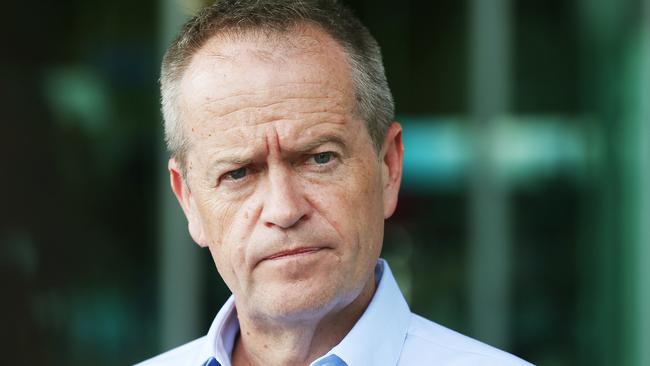
Jobs and growth was the seemingly meaningless three word slogan the Turnbull government built its re-election strategy around. While it didn’t exactly hit its mark in the 2016 campaign, the economic runs on the board are slowly accumulating. But so is the national debt, which voters notice more than any grab bag of economic indicators.
A free trade deal via the TPP, with Canada coming on board, is an economic poke in the eye to Bill Shorten who didn’t think the TPP would ever happen when Donald Trump pulled out of negotiations. In short he’s been proven wrong.
While the framework had to be significantly restructured following the departure of the United States, multilateral deals of this magnitude are always worth celebrating. Unlike bilateral agreements which can see larger nations push smaller ones around, multilateral agreements tend to serve the greater good. The carve outs are fewer and the benefits wider.
But it would be a mistake to see free trade as any sort of political panacea for the Coalition. For a start, trade deals can cause tensions within the Coalition, with the Nationals frequently erring on the side of protectionism. Plus fewer and fewer free traders occupy the ranks of conservatives within the Liberal Party. Finding populist issues to moan about is their stock in trade.
Most importantly, when voters look at the economic track record of a government the first order issues they examine are debt (which has doubled since the Coalition came to power), jobs and economic growth — the latter via how confident they feel as consumers. The intricacies of trade deals is inside the beltway stuff.
While jobs growth is broadly healthy, under employment remains a problem which hits home for many voters. The jobs numbers are solid, which is what the government likes to focus on, but those same headline numbers don’t speak to the fact more and more Australians are being dragooned into casual and part time employment when they’d rather join the ranks of the full time workforce. Plus wages growth is virtually stagnant.
Consumer confidence is surprisingly buoyant, helped along by robust global forecasts off the back of tax cuts in the US. Malcolm Turnbull and Scott Morrison are talking up their own planned income tax cuts, although the quantum to be delivered isn’t likely to thrill too many. At any rate all of the above could put upward pressure on interest rates.
The Treasurer hopes to get stuck into Labor for not backing further company tax cuts, but being right on the economics (which he may be) doesn’t necessarily translate into political capital. Labor is on a winner arguing that the last thing the government should be doing is cutting taxes “to the big end of town” when wages growth is stagnant and debt continues to balloon. It’s populist but it’s also effective.
Which brings us back to where we started. Yes jobs and growth is becoming more than just a simple slogan; the government is delivering beyond the rhetoric. But is it politically cutting through and is it enough to lift the government’s standing? Probably not, courtesy of the growing debt Liberals promised to get under control back in 2013, and the ever present backbiting internally.
Peter van Onselen is a professor of politics at the University of Western Australia. With Wayne Errington he is writing a book Slaughtering Sacred Cows: ideas the major parties won’t even consider for Melbourne University Press.



